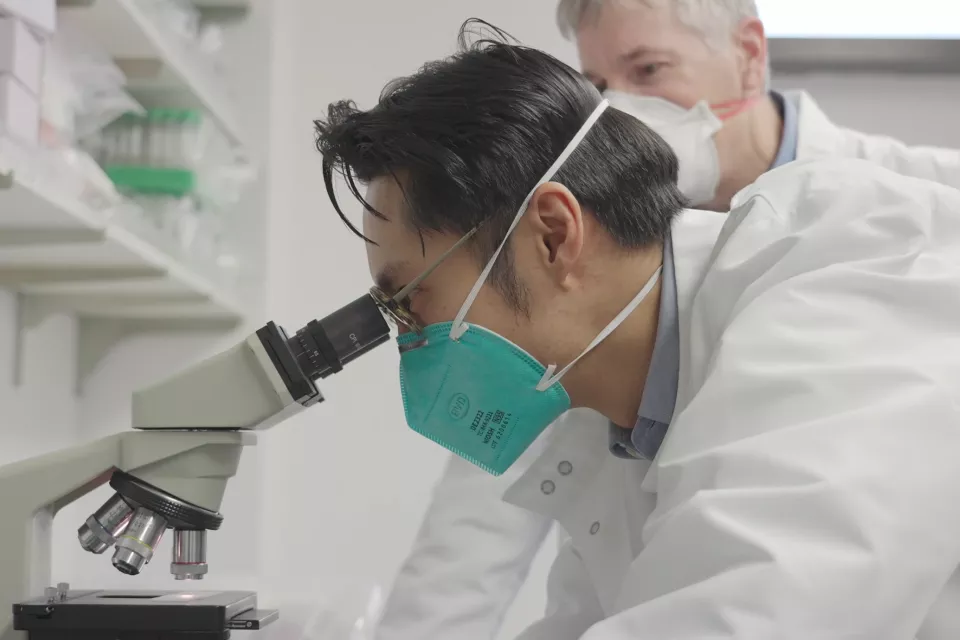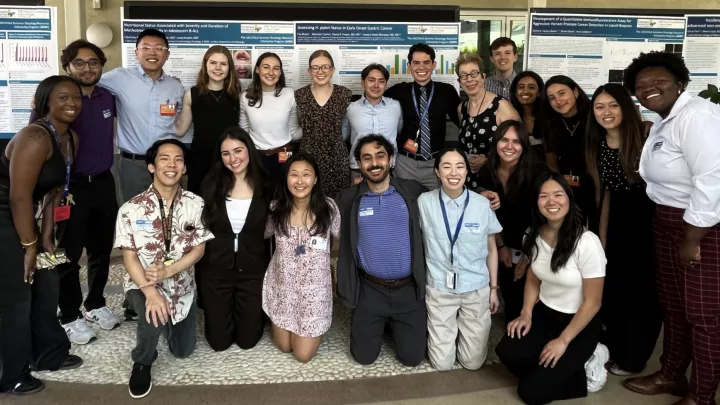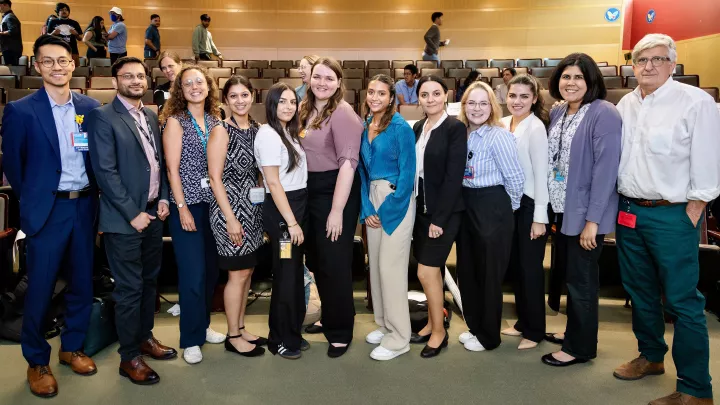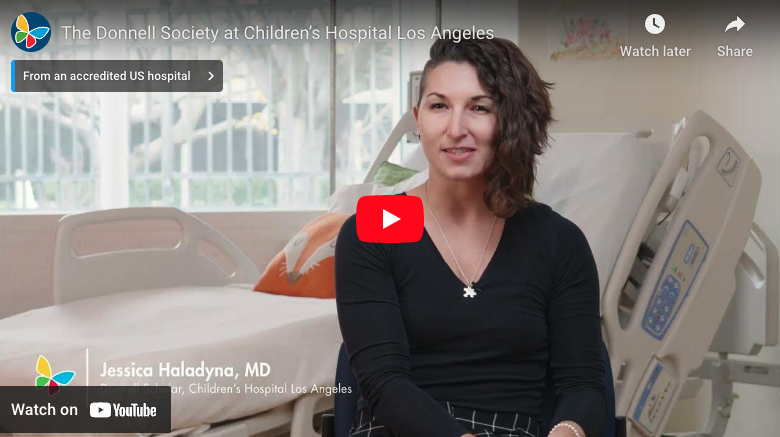
The George Donnell Society for Pediatric Scientists is dedicated to improving the health of children by training pediatric physician scientists to perform innovative and high quality research. The Society includes pediatric residents, subspecialty fellows, and faculty who are interested in performing pediatric research. It provides mentorship, infrastructure and a community for pediatric scientists in training.
George “Nino” Donnell, MD, was Physician-in-Chief and Chair of Pediatrics at Children’s Hospital Los Angeles from 1971 through 1984. Dr. Donnell’s commitment to the teaching and mentorship of pediatricians, as well as his numerous clinical and scientific achievements, has shaped a generation of pediatric physicians and scientists at Children’s Hospital Los Angeles. The George Donnell Society will honor his contributions by continuing to train the best pediatric physician scientists.
Program Goals
- Train high-quality physician scientists within CHLA pediatric residency
- Provide an infrastructure and environment to ensure that physician scientists-in-training can learn and produce innovative, high-impact clinical research
- Leverage use of CHLA’s Enterprise Data Lake for research projects and promote cross-disciplinary data science training opportunities
This program is designed to support pediatric residents interested in pursuing career as physician scientist by providing individualized mentor and financial support.
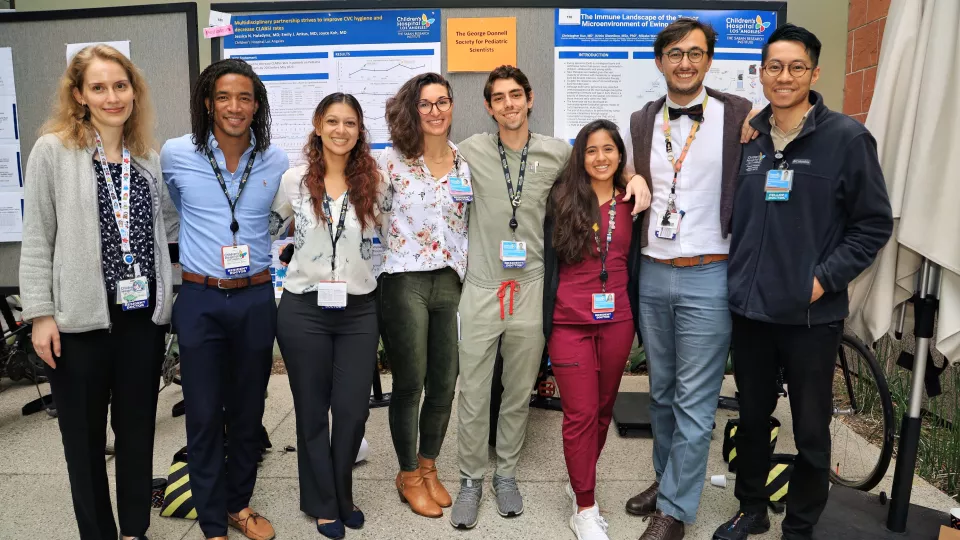
Application
Eligibility
Any incoming resident in the Children’s Hospital Los Angeles’s residency programs (Pediatrics, Neurology, Surgery Research Resident) is eligible to apply for the Donnell Society.
Underrepresented minorities in research, per the National Institutes of Health definition, are encouraged to apply.
Prioritization
Applicants with prior research accomplishments and future potential for success as independent investigators will be prioritized.
Application Timeline
Application may be submitted beginning Monday, March 24th, 2025.
All applications must be submitted by 11:59 p.m. Pacific Time, Sunday, April 13th, 2025.
Decisions will be communicated by Monday, May 5th, 2025.
Please access the application here.
Contact Information
For further information please email:
Metzy Soriano, MPH, Donnell Society Program Specialist
msoriano@chla.usc.edu
Francesca Seta, Donnell Society Program Manager
fseta@chla.usc.edu
Sonia Michail, MD, FAAP, CPE,AGAF, Donnell Society Program Director
smichail@chla.usc.edu
